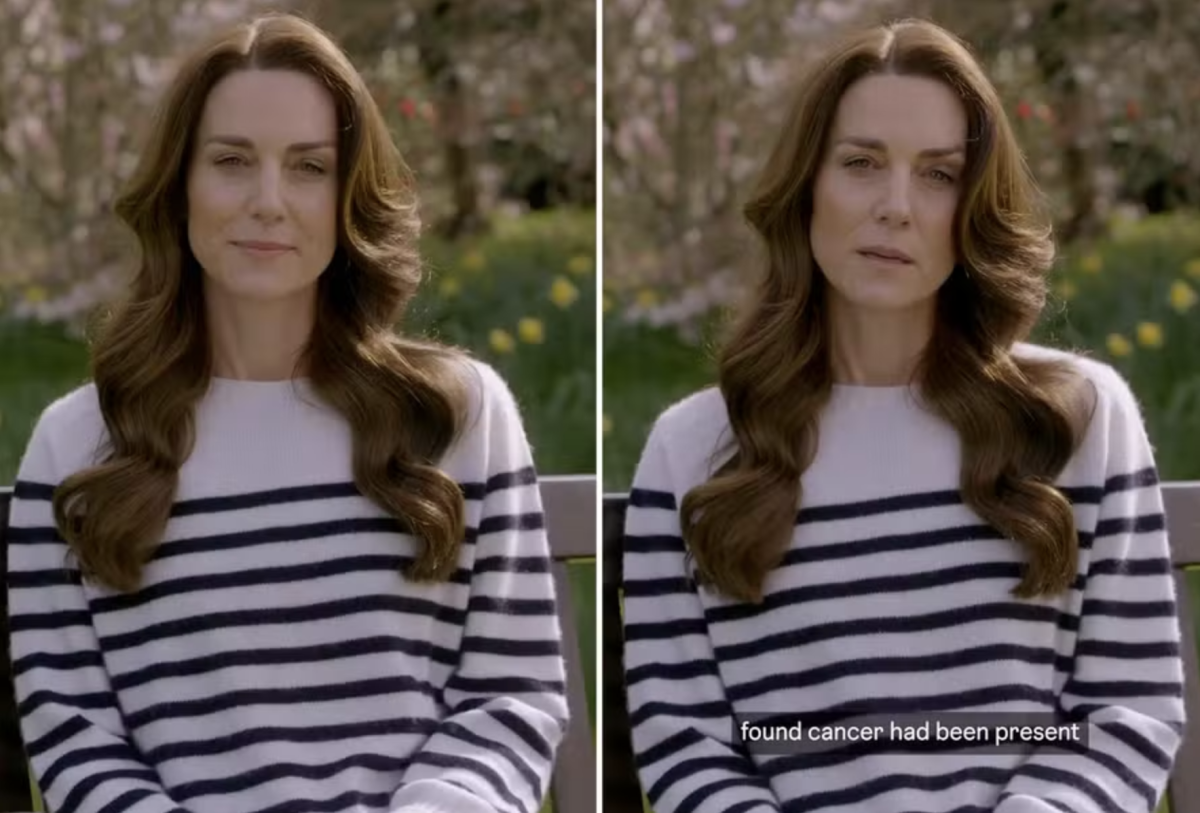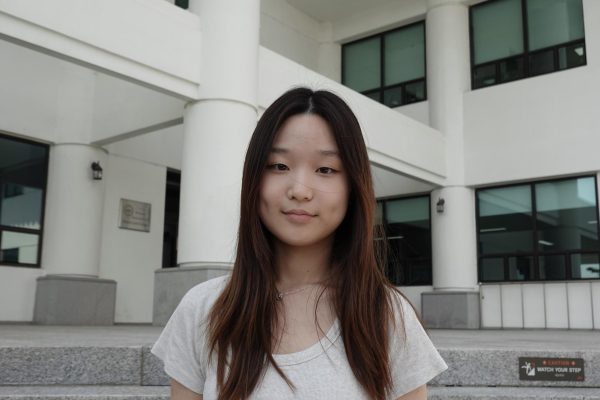Amid the flurry of rumors surrounding the disappearance of Kate Middleton, the Princess of Wales, Kensington Palace released an emotional video message aired on BBC Studios of Kate Middleton personally announcing her cancer diagnosis on March 22 — but not everyone is convinced this is the truth.
In the video, Kate announced that the results of the abdominal surgery she underwent in January showed that cancer had formed, without explicitly stating the location of its growth. She revealed that she is in the early stages of taking preventive chemotherapy.
With the release of the video, many users on social media platforms such as TikTok, X, and Facebook began to point out discrepancies in the movement of Kate and her surroundings, such as the disappearance and reappearance of her ring, and the lack of movement in the daffodils behind her.
“I think that due to the influx of deepfakes in videos and photos nowadays due to the constant development of technology and AI, anything can be suspected these days,” Russell Jin (10), avid user of AI, said. “It’s understandable why people are suspicious of the video of Kate, especially considering her long absence.”
Despite the allegations that Kate’s video was a deepfake, most certified experts agreed that the video appears to be authentic.
“I can’t imagine that the royal family would say that she has cancer as any type of cover-up,” Steve Nave, World History teacher, said. “That would be the worst excuse they could possibly use for hiding anything nefarious. I think that such accusations are insensitive to the situation considering that she has cancer, so I feel like she deserves a certain amount of privacy despite the fact that she’s a hot-profile person. Every person in the royal family has privacy issues, but hopefully everyone learned from the Princess Diana incident, so hopefully there won’t be such aggression from the paparazzi.”
The debate about the authenticity of Kate Middleton’s video despite objections from AI experts highlights the growing difficulty of assessing fact from fiction in a technologically advanced world.
“I think in general, when I see something on social media that’s extremely big or shocking news, people tend to not believe it because of the amount of people that lie in general online,” Dyne Kim (10), AP World History student, said. “But this news about Kate isn’t just on social media, it was announced by the official royal family. I believe that they wouldn’t take a lie that far, or that extreme. Their status offers some merit to what they say.”
This is especially true with the details of hardship that Kate emphasized in her video message, from sharing her experience with her children, Prince George, Princess Charlotte, and Prince Louis, and attempting to connect with those that struggle with the same illness.As technology advances to the point where deepfakes become prevalent, the suspicion of people may rightfully increase. It is up to consumers to differentiate between the time to accuse and the time to send condolences in matters as serious as this.


